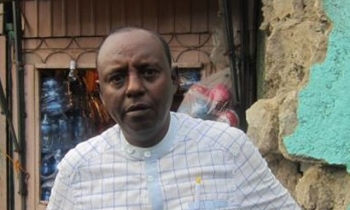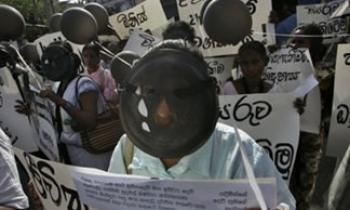Bangalore, Sept. 18 (PTI): The Indian Newspaper Society's outgoing President Jacob Mathew today expressed concern over the government's media policy in view of some provisions of the draft Broadcast Services Regulation Bill, 2006, including the proposed restrictions on cross-media holdings.
The draft bill envisages the creation of a Broadcast Regulatory Authority empowered to administer a content code and to restrict cross-media holdings of media enterprises.
"In a democratic society, content in the media should only be subject to self-regulation. There exists a sufficient framework of laws in the country to ensure that the freedoms guaranteed by the Constitution are not misused by the media", Mathew told the 67th Annual General Meeting of INS here.
"The proposed restrictions on cross-media holdings are a cause for concern", he said. Noting that newspaper enterprises had made large investments in broadcast media, in which the investment market had also taken significant positions, he said, "these investments cannot be jeopardised".
"At the present stage in their evolution, newspaper enterprises provide to broadcast media the maturity and the expertise they require for ensuring orderly growth", he said.
On newsprint, Mathew said its prices continued to be a source of anxiety. International and domestic prices rose by over 10 per cent during the year and the current price of newsprint had touched USD 700 per tonne.
Mathew said the Customs Tariff Act had now redefined newsprint to include de-inked and recycled newsprint which might provide "some relief' but there were newer issues to tackle.
The enforcement by the Supreme Court of weight restrictions on container cargo by road transport would push up the delivered cost of imported newsprint "at our doorsteps", Mathew said.
He also observed that through recent changes in the format for applications for import entitlements for newsprint, the government could be trying to introduce administrative control on the quantities of newsprint being imported by INS members.
"The Society believes that the benefits of a liberalised trade policy should not be denied to the newspaper industry".
The INS, he said, continued persuading the Empowered Committee on VAT implementation in favour of 'Zero Per cent' VAT on newsprint and hoped to get a favourable decision on it.
Looking at 2005-06, Mathew said this had been a year of healthy growth for the newspaper industry with a turnover of Rs 11,800 crores in 2005.
INS' members reported total advertising revenue of Rs 7,400 crores for 2005, a 23 per cent growth over 2004. "This growth comes after 15.6 per cent growth in 2004, and 16.9 per cent in 2003", he added.
However, the industry's bottomlines were not growing hand in hand with the sales figure, he said, adding one major dampening fact had been the steep rise in international and domestic newsprint prices. Another factor had been potential of taxes to corrode the industry's profits.
"We have observed a trend towards a hardening of the policy environment with respect to the freedom of the media. Some of the legislative initiatives being considered by the government appear to be undemocratic. Considering the volatile environment in which we live, the threat to our freedom to report, inform and educate is as serious as the threat to our economic viability," Mathew said.
On the prospects of the newspaper industry, Mathew said a vibrant advertising industry supported by a buoyant economy sustained its business. "But, this business model is under great stress".
Taxation policy towards the industry had to necessarily take into account the current business model of the media industry, he said, emphasising, "we do not recover our costs or make a profit from our readers".
Given the low cover price, the reach and spread or the dispersion of the newspapers in India was nowhere near those of developed countries, he said.
"We subsidise the reader by selling advertising space -- a byproduct. The cover price of a newspaper does not even cover the variable cost of producing a newspaper. Our newspapers are the lowest priced in the world, costing even less than a cup of tea or coffee in our cities.
"At some point, therefore, we have to give a serious thought as to what extent, we can afford to subsidise the reader," Mathew told the members.
He said despite competition from television and other media, advertising revenues of the press medium would sustain a healthy rate of growth in the foreseeable future. "Our own figures, as well as Price Waterhouse projections justify an estimated annual growth of 12-15 per cent over the next five years".
In the long term, the threat from TV might be more significant as TV channels proliferate in the news area, he said. "We should consider this aspect of the media market, and work on strategies to ensure that the press continues to be a major player in our country's democratic process".









